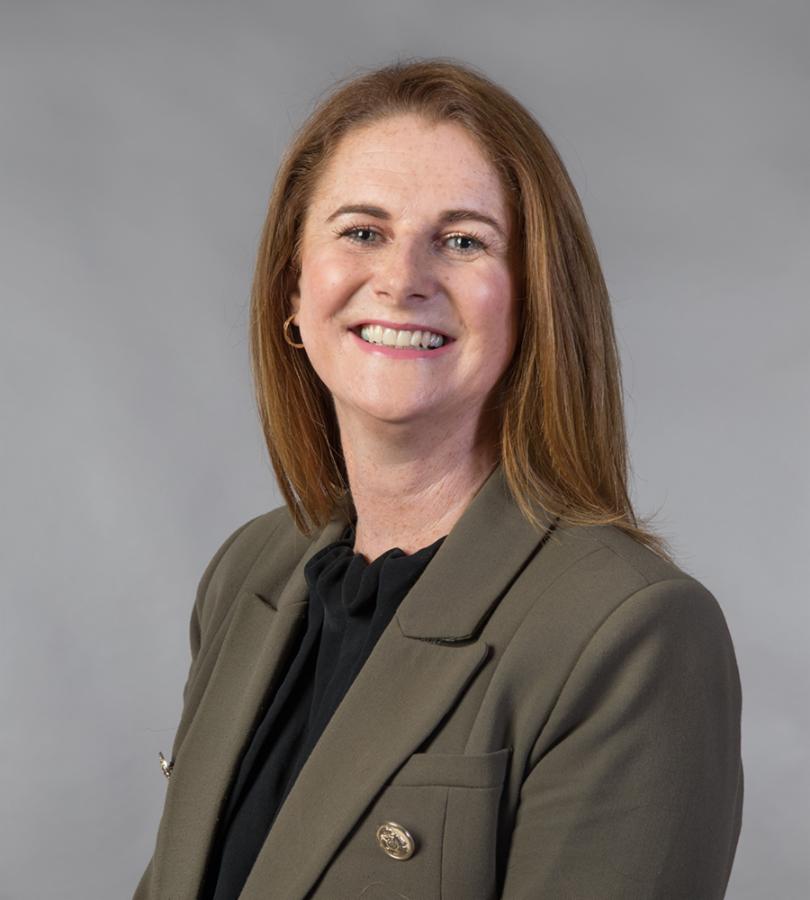Unlock your team’s critical thinking and problem-solving skills.
This masterclass addresses the common barriers to thinking in organisations, provide tools to overcome those barriers, and show how to model different thinking. This is a course for anyone looking to unlock, unstuck, and unleash the thinking power of their team.
What will you gain?
By the end of this course, you will be able to:
- Understand what prevents your team from thinking critically, creatively, or more often;
- Identify the common barriers – in groups and organisations – to thinking critically, creatively, or more often;
- Understand a range of tools that you can use to unlock your team’s thinking and problem-solving tools; and
- Design strategies for creating workplaces and team settings that maximise the thinking potential of your team.
Course structure
This intensive one-day course is divided in four parts:
Part One – We’ll discover what stops us, as individuals, from thinking more critically, creatively, or often. In the process we’ll explore how the brain really works, where cognitive biases come from, and why it’s so hard for people to change their minds.
Part Two – We’ll explore why being in groups makes thinking harder still. We’ll talk about how people are often unwittingly influenced by power and charisma, and how even the best organisations set limits on how their staff think. In the process we’ll see why – even in the best organisations - inertia and the status quo are stubborn obstacles to better thinking.
Part Three – We’ll see how thinking is a skill that anyone can learn when the settings are right. We’ll see how difficult it is to unlearn old habits, especially in the fast-paced workplaces of 2023. To sustain those efforts, we’ll learn some simple thinking hacks your team can use every day.
Part Four – We’ll channel Socrates and raid his critical thinking toolkit to outline how managers can help their team become better thinkers. In the process we’ll see how better thinking is as much about workplace culture as it is better evidence.



